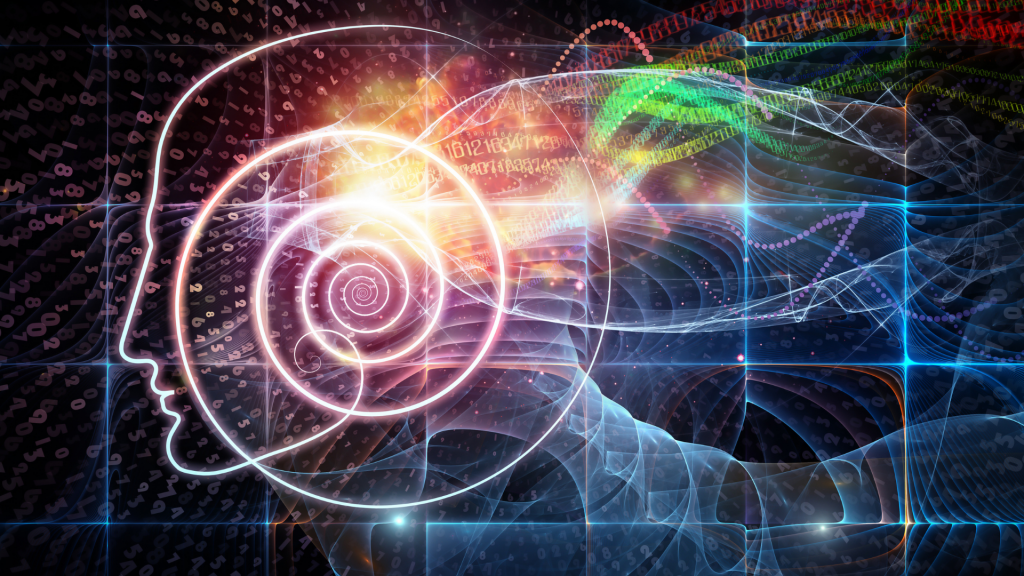
Science and Human Consciousness
The question of human consciousness and its relationship to science remains as fascinating as ever. Many scientists believe that consciousness is a biological process, but others are sceptical that the scientific model of consciousness can encompass all humans.
Also, it’s common knowledge that the brain is the centre of consciousness and that all thoughts, actions, and sensations are the result of electrical and chemical activity in the brain. But how do those basic processes give rise to the feeling of consciousness? Let’s learn more.
What Is Human Consciousness?
Human consciousness is our most fundamental quality. It’s the spark that makes us human, and it sets us apart from other animals. Our consciousness allows us to think, feel, love, and even realize that we have consciousness.
However, human consciousness is a topic that has fascinated philosophers for centuries. Since we can’t directly observe consciousness, knowing what it means to have a conscious being is extremely difficult. What we do know is that consciousness allows us to experience the world. In the broadest sense, consciousness refers to our awareness of the world around us.
Well, scientists have had a hard time explaining consciousness, too. When we think, we tend to think that something is happening inside our heads, but it’s difficult to explain what’s happening without sounding too silly. Some scientists believe that consciousness is merely the illusion we create inside our heads to explain our reality.
The Levels of Consciousness
The human mind is a strange and complicated thing. Scientists have been studying how the brain works in recent years, and we’re beginning to understand more and more. Scientists have identified five different types of consciousness, or levels of awareness, of which we’re most aware.
- Conscious. We become conscious as we open our eyes in the morning, use our memory by recalling something, perceive something around us, and decide. A conscious person does not try to control, change, or mould the world around her—instead, she accepts life as it is and works to change it for the better.
- Preconscious. This level refers to where the processing of information happens while we sleep. The preconscious mind is the part of your mind that deals with your memories, events, judgments, emotions, and thoughts. It is what allows us to remember events from our past, even if we don’t focus on them consciously.
- Unconscious. When most people talk about “unconscious” memory, they think of hints from dreams or hearing a suggestion from a family member or friend, leading them to discover some piece of missing information about their past. But most scientists agree that unconscious memory is something more. It’s an entire level of the human mind that stores information that may not be consciously accessible.
- Non-conscious. Non-conscious is one of the levels of Consciousness. The level of consciousness of an organism can be defined as the explicit or implicit awareness of itself or its environment. The non-conscious level is the lowest level of Consciousness. The non-conscious level includes all the bodily functions and reflex actions which are without sensation.
- Subconscious. The so-called “subconscious,” the level that is linked to our “inner child,” has been the subject of so much speculation in (post-)modern psychology. The theories revolve around (among other things) attachment patterns, the conscious “ego,” and the “sub-conscious.” But what exactly is the “sub-conscious”? It is linked to these levels (and more) and is, in fact, quite simply our automatic reactions to a situation. It is something that happens “without our knowledge.”
Consciousness is a kind of awareness experienced by all living things. However, the term can be challenging to define since consciousness is not limited to conscious awareness, commonly experienced through the sense organs. Furthermore, consciousness is something that is shared and thus cannot be defined; instead, consciousness is described as a set of conditions or properties necessary for experiences to be conscious.



